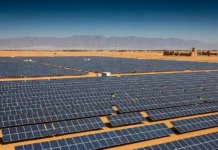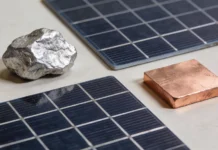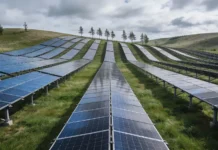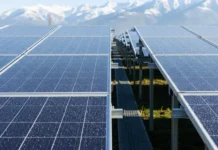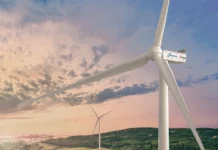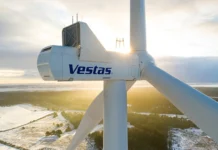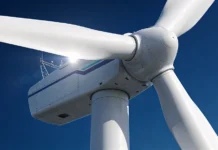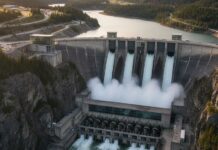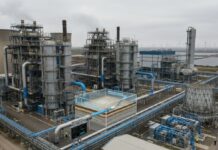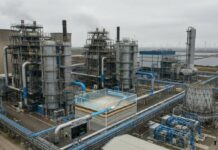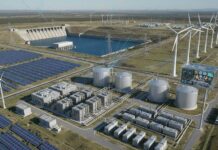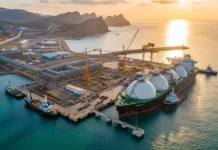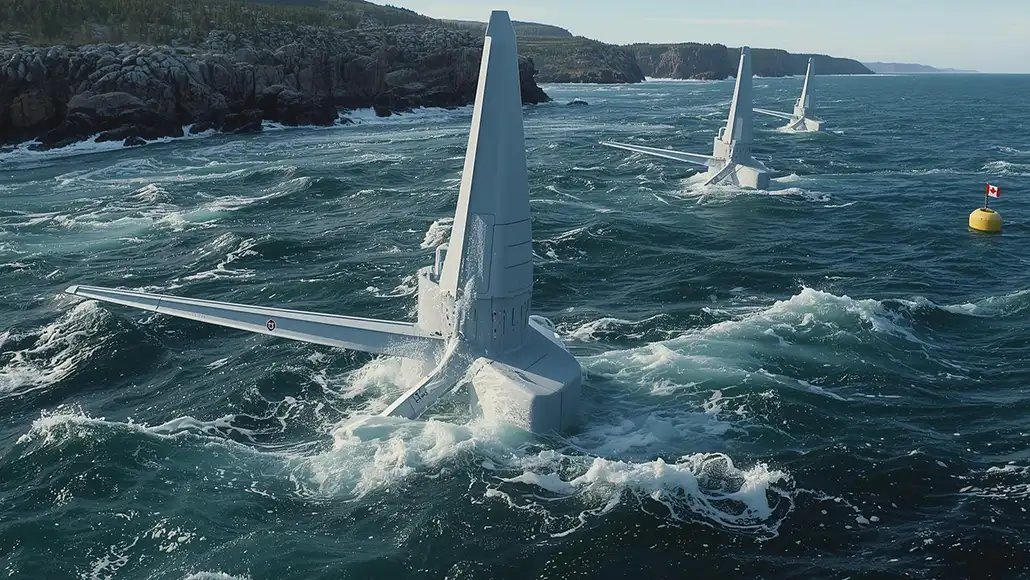Fisheries and Oceans Canada (DFO) has formally cleared the way for a new phase of tidal stream activity in the Bay of Fundy, granting a Fisheries Act Authorization to Eauclaire Tidal Ltd. for the deployment of as many as three Orbital Marine Power Ltd O2-X devices at the Fundy Ocean Research Centre for Energy (FORCE). Issued on November 14, 2025, the authorization becomes the first initiative to move ahead under Canada’s updated staged approach for tidal energy development. The revised framework, intended to provide greater regulatory certainty while safeguarding the marine environment, lays out an adaptive process that allows projects to begin at a smaller scale and expand based on the results of continuous monitoring.
The staged Approach, created through the federal Tidal Task Force on Sustainable Tidal Energy Development, co-led by DFO and Natural Resources Canada, requires developers to start with a single turbine and incorporate environmental findings before adding more units. With approval now secured, Eauclaire and Orbital are set to install up to three floating O2-X machines within the FORCE test site in Minas Passage. Each O2-X turbine carries the capacity to produce roughly 2.5 megawatts, an output estimated to support electricity needs for about 2,000 homes. Once all three are operating, the array is expected to feed 7.5 megawatts into Nova Scotia’s grid, contributing to the province’s renewable energy ambitions. DFO’s authorization also specifies the measures that must be taken to protect fish, details adaptive monitoring procedures and sets out reporting obligations aligned with the Fisheries Act and the Species at Risk Act.
The project builds on ongoing research at FORCE, long recognized as a leading centre for tidal-stream technology and marine science. Work undertaken through the Ocean Sensor Innovation Platforms project, which involves FORCE, Acadia University, the Confederacy of Mainland Mi’kmaq, Ocean Tracking Network and other collaborators, is focused on refining how researchers observe interactions between fish and turbines in fast-moving water. These efforts include the development of a floating environmental monitoring platform that will feed directly into the adaptive management requirements defined in DFO’s Staged Approach, strengthening the data foundation behind future deployment decisions.
The Honourable Joanne Thompson, Minister of Fisheries, said: “Canada’s coastal waters hold tremendous potential for clean, renewable energy. Through science-based monitoring, responsible regulation and working alongside the fishing industry we are advancing tidal power in the Bay of Fundy in a way that protects marine species and their ecosystems—ensuring this opportunity benefits generations to come.”



